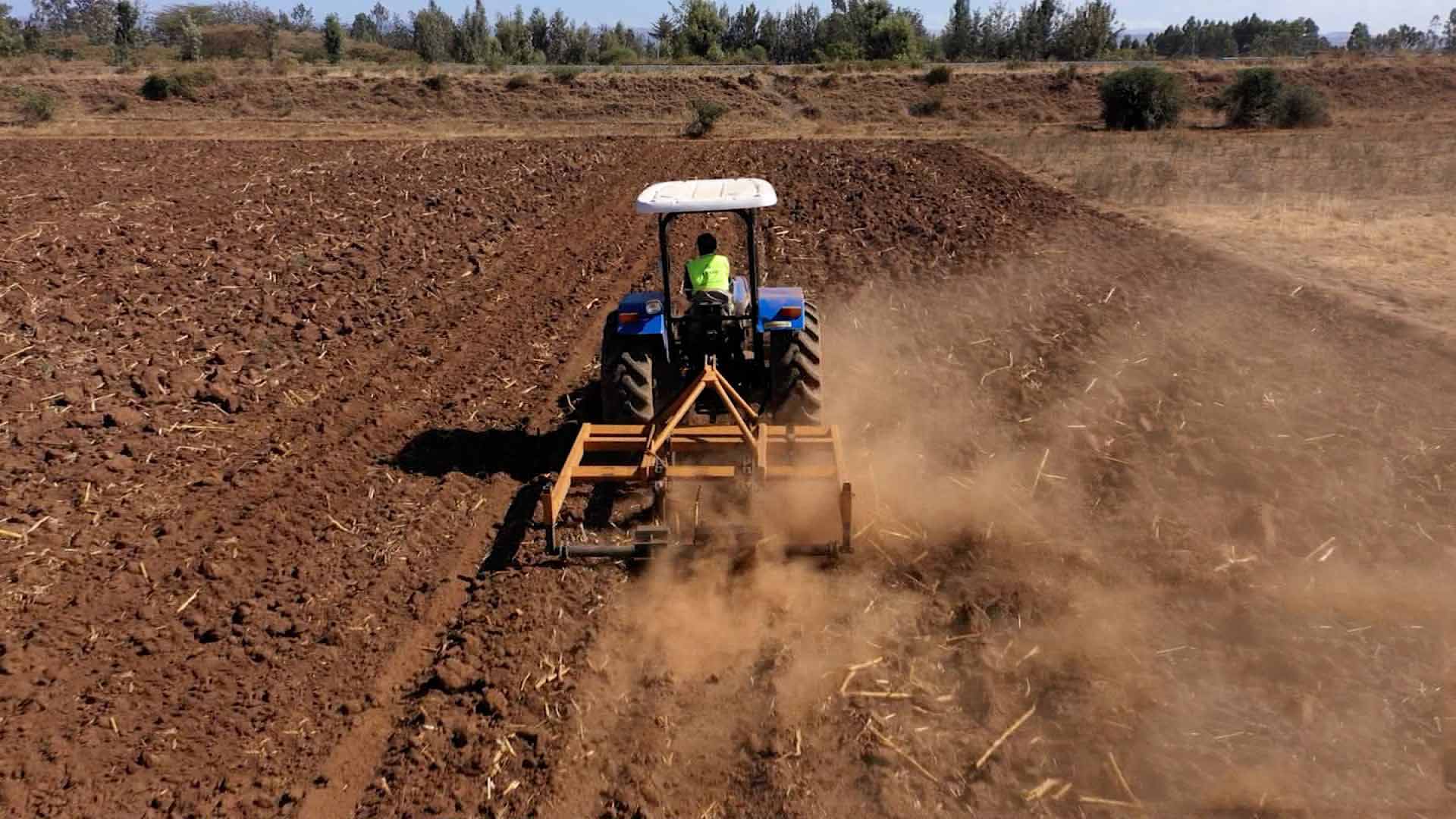Agriculture shapes the economic and social landscape of Nigeria, accounting for a significant share of the country’s gross domestic product and supporting millions of livelihoods. As the largest sector for employment, it provides income, food security, and opportunity for both rural communities and urban populations. Despite the rising influence of oil and gas, agriculture continues to form the backbone of the nation’s prosperity and development.
Nigerian agriculture is deeply diverse, reflecting the nation’s varied geography and climates. In the north, farmers grow crops such as maize, sorghum, millet, and wheat alongside raising livestock, making use of the region’s rich savanna soils and open plains. The south, by contrast, benefits from higher rainfall and supports the cultivation of yams, cassava, cocoa, oil palm, and a wide assortment of horticultural products. This natural variation encourages regional specialization and helps power both local consumption and export earnings.
The sector is dominated by smallholder farmers who typically work on plots of land that are less than two hectares. These family-run enterprises make up most farming businesses, providing essential employment and food for the nation. Women are especially engaged across the value chain, from planting and processing to marketing and trade. However, limited access to essential inputs such as quality seeds, fertilizers, and effective irrigation often restricts productivity and makes farming outcomes uncertain.
Mechanization, Challenges, and the Road Ahead
Mechanization is gradually changing how Nigerian farmers operate. While traditional methods still play a large role, tractors and modern implements are becoming more common in fields across the country. The Massey Ferguson 375 is one of the most widely used and reliable tractors in Nigeria because of its reputation for durability, fuel efficiency, and compatibility with various types of agricultural equipment. Its popularity among both small and medium-scale farmers has helped accelerate the shift toward more efficient farming practices.
Despite improvements in mechanization, Nigerian farmers face major challenges after harvest. Poor storage infrastructure and inefficient transportation networks leave crops exposed to spoilage, reducing the value of the harvest and increasing losses. Many farmers struggle to reach larger markets or negotiate fair prices, which highlights the need for better access to information, reliable transport, and organized value chains. Government and private sector initiatives have begun to address these issues, introducing innovative financing options, extension services, and support for agro-processing.
Climate change also presents new pressures, as unpredictable weather and shifting rainfall threaten crop yields and livestock health. Farmers are increasingly adopting more resilient crop varieties, investing in irrigation, and using climate-smart practices to adjust to these changes. Youth-led agritech ventures are bringing fresh solutions, such as data-driven advisories, digital lending services, and improved storage and processing techniques that help reduce losses and boost farmer incomes.
Nigeria’s agriculture sector stands at a crossroads, facing significant challenges yet holding unprecedented opportunities. By embracing technology, supporting smallholder farmers, and expanding market access, the country can move toward greater self-sufficiency and prosperity. To learn more about dependable farming solutions and mechanization options or to request a quote, visit tractors.com.ng for trusted information and expert support.
Tags: agriculture, machinery, nigeria, tractors

